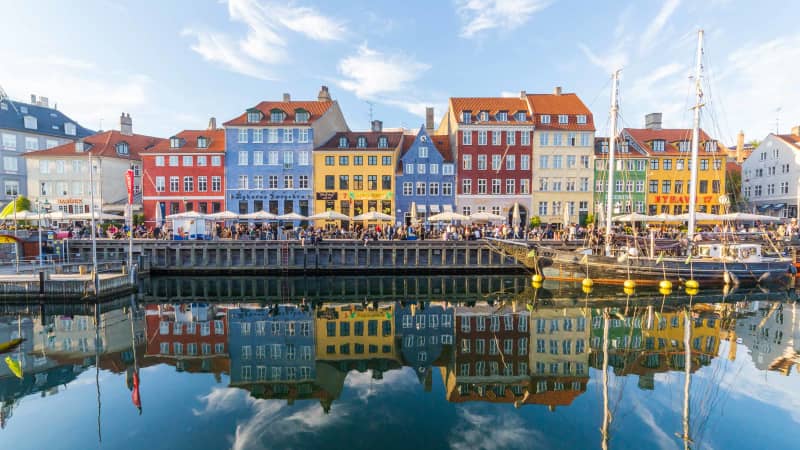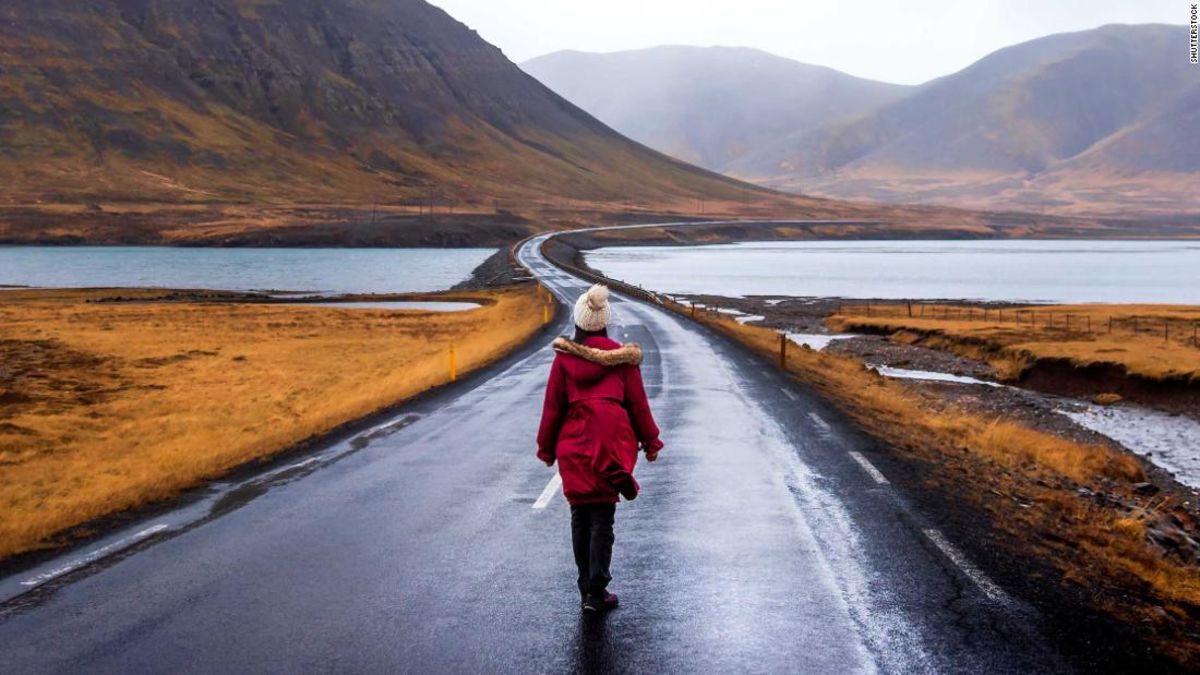Based on medical and travel security risks — including infectious diseases and political violence — its color-coordinated map has five categories, ranging from “insignificant” to “extreme” risk.

Buildings, architecture, boats and reflections along the Nyhavn in Copenhagen, Denmark.
Shutterstock
In its predictions for 2020, the safest countries to travel to are concentrated more heavily in the northern hemisphere.
They are Denmark, Finland, Greenland, Iceland, Norway, Slovenia, Luxembourg and Switzerland.
The places deemed most dangerous are more widely scattered across the globe and include Afghanistan, Central African Republic (CAR), Somalia and Syria.
Some countries don’t fit into just one category and are therefore given a mixed rating.
Mexico and Colombia are both examples of countries with mixed ratings — some regions in both countries are of medium risk, while others constitute a high risk.

A view of Lake Bled, a popular tourist spot in Slovenia.
Shutterstock
A spokesperson for International SOS told CNN that the map is designed around its clients.
They added: “Obviously it is overall reflective of location risks, but we do advise that consumers do as much research on their destinations as possible.”
The UK, US, Canada, Australia, China and much of Europe was listed as low risk.
Much of Africa has been deemed medium and high risk.
